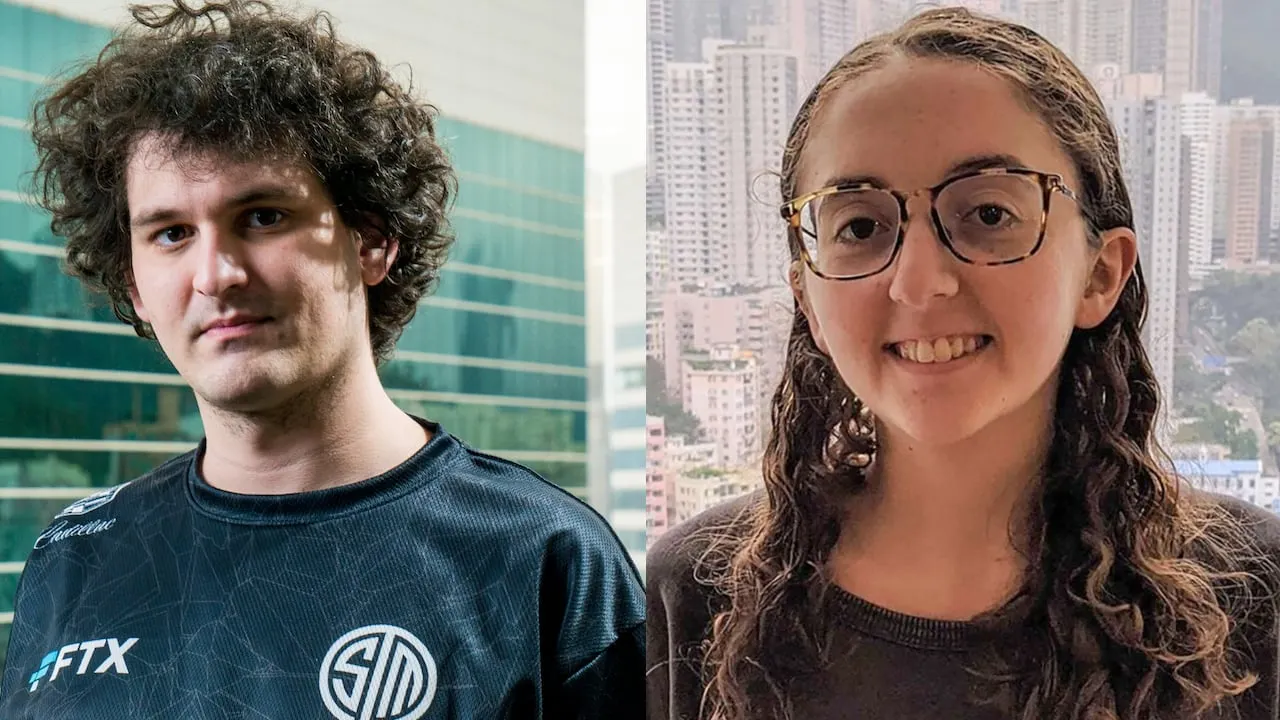U.S. prosecutors have requested that a federal judge issue an order to prevent Sam Bankman-Fried, the former CEO of the collapsed crypto exchange FTX, and other involved parties from making statements that could potentially interfere with a fair trial.
The move comes in the wake of a New York Times article that disclosed personal Google documents written by Caroline Ellison, who headed FTX’s affiliated trading company Alameda Research and is set to be “a star witness” in SBF’s trial in October.
In a Thursday filing, the DOJ asserts it is “apparent” that the documents were shared by Bankman-Fried, with whom Ellison had romantic relations. The prosecutors also said that his lawyers confirmed that the former FTX CEO had a personal meeting with one of the authors during which additional documents not previously disclosed to the government were shared.
Bankman-Fried faces prosecution for his role in the collapse of FTX and Alameda Research last November, with an array of charges encompassing wire fraud, money laundering, and campaign finance.
Per a February 2022 document shared by the New York Times, Ellison admitted she has been “feeling pretty unhappy and overwhelmed” with her job, and couldn’t wait to go home, turn off the phone and “have a drink and get away from it all.”
Another document dated April 2022, reveals that Ellison doubted her own abilities and even made a list of areas where she struggled, including “leadership” and “decisiveness.”
“Running Alameda doesn’t feel like something I’m that comparatively advantaged at or well suited to do,” she wrote.
DOJ accuses SBF of "attempting to discredit a witness"
According to U.S. Attorney Damian Williams, “the defendant’s actions… implicate the core concern of Rule 23.1” of the Civil Procedure, which prohibits lawyers and their agents from releasing non-public information or opinion about a case “if there is a substantial likelihood that such dissemination will interfere with a fair trial or otherwise prejudice the due administration of justice.”
“Judicial intervention is especially necessary here because while the Court can restrict extrajudicial statements by the parties and witnesses under Rule 23.1(h), the prohibitions of Rule 23.1(a) appear only to limit the conduct of lawyers and their agents,” argued Williams.
He added that an order preventing Bankman-Fried from making extrajudicial statements is necessary because “by selectively sharing certain private documents with the New York Times, the defendant is attempting to discredit a witness, cast Ellison in a poor light, and advance his defense through the press and outside the constraints of the courtroom and rules of evidence: that Ellison was a jilted lover who perpetrated these crimes alone.”
Shortly after the collapse of FTX, Ellison pleaded guilty to defrauding investors and is currently cooperating with prosecutors.
Decrypt has reached out to Bankman-Fried's lawyers and will update this article should we hear back.
Last week, Bankman-Fried's defense asked the court to grant permission for an undisclosed list of guests to visit his family’s home in Palo Alto, California, where the former boss of FTX is currently under house arrest.
In a filing submitted to Manhattan federal judge Lewis Kaplan, Christian Everdall, a lawyer for Bankman-Fried, said that this list includes “close friends and colleagues of Bankman-Fried’s parents and household help.”
According to Everdall, these people were aware of and agreed to abide by bail conditions imposed on Bankman-Fried, including the prohibition on sharing electronic devices, such as smartphones, tablets, and computers that allow chat and voice communication.

